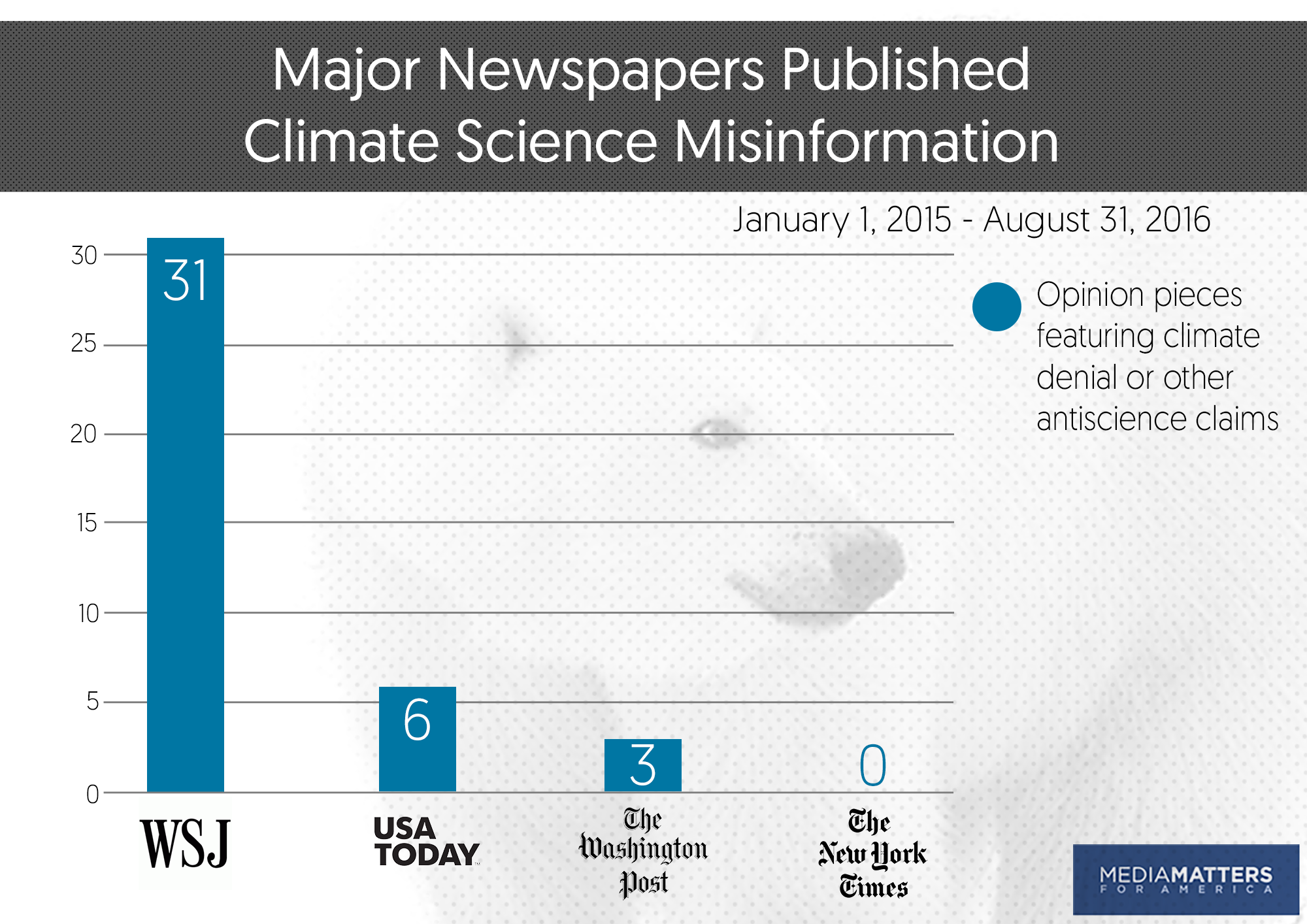
New York Times columnist Bret Stephens, whose climate skepticism has been widely criticized by journalists and progressives but defended by the paper, has now been cited from the White House briefing room in defense of the president’s decision to pull out of an international climate accord.
It’s a disaster for a paper that sold itself to readers as a bulwark against the new president, then turned around and hired a prominent climate change skeptic.
As I’ve noted, the Times sold subscriptions in the days following President Donald Trump’s election by marketing the paper as an antidote to Trumpian “alternative facts.”
But the paper took that money from new subscribers seeking critical reporting on Trump and his policies and announced on April 12 that it had hired Stephens, a Wall Street Journal columnist who had, among other things, called the scientific consensus around global warming a “sick-souled religion” whose adherents share the methods of “closet Stalinists.”
The paper’s editors and some of its journalists sneered at progressives who complained that the Times has sold them a bill of goods by bringing on board someone with views that tarnish the Times’ otherwise stellar record on climate change.

Two weeks later, Stephen authored his first piece for the Times. Titled “Climate of Complete Certainty,” it compares those who believe action should be taken to halt the consequences of climate change to Cold War-era Polish authoritarians. The piece included a single “fact” about climate change in service of the notion that while “modest” warming “is indisputable, as is the human influence on that warming, much else that passes as accepted fact is really a matter of probabilities.”
Stephens’ analysis was shredded by embarrassed Times journalists, reporters outside the paper, climate scientists, and angry subscribers. The paper’s top editors stood up for him, with Times editorial page editor James Bennet defending the column as necessary to “promoting the free exchange of ideas.”
Within a handful of days, the paper issued a correction regarding that sole “fact” included in the piece.
Which brings us to today, when, at a White House press briefing the day after Trump announced that he was pulling out of the Paris climate agreement, Trump’s Environmental Protection Agency administrator, Scott Pruitt, read from Stephens’ “very important” piece. According to Pruitt, it served as evidence supporting Trump’s decision in the face of criticism from “climate exaggerators.”
Notably, Pruitt excised the portion of the quote in which Stephens writes that “human influence on that warming” is “indisputable.”
What an embarrassment for the Times. It’s too bad that the paper lacks a competent public editor to examine whether the “free exchange of ideas” was worth it.